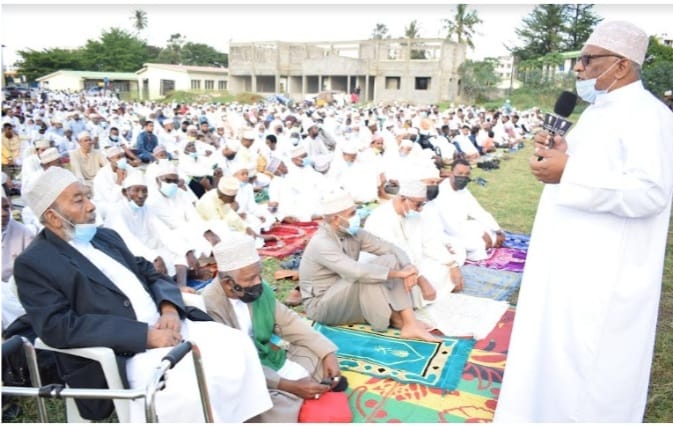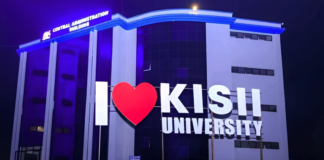According to Chief Kadhi Sheikh Ahmed Muhdhar, some Kenyan Muslims will celebrate Eid Al-Adha on Saturday, while others will do so on Sunday.
The division in observing the annual Islamic festival on different dates stems from differences in Islamic jurisprudence interpretation.
While some scholars believe the event is designated as a day Hajj after the gathering of millions of pilgrims at Mount Arafat in Saudi Arabia’s holy city of Makkah, others believe the event is guided by local moon sightings rather than Hajj activities.
Arafah is the pilgrimage’s most important feature, with pilgrims congregating on Mount Arafah near the sacred city of Makkah, Saudi Arabia, to seek God’s forgiveness.
The mount is where Prophet Muhammad delivered his final sermon 14 centuries ago, calling for equality, justice, and fairness, as well as women’s rights.
The performance of the Arafah ritual validates pilgrimage, and skipping the event invalidates the entire performance of Hajj, requiring one to return home and arrange for another visit.
Millions of pilgrims, including Kenyans, braved the scorching sun of the Arab world on Friday to converge on Mount Arafah’s plane in order not to miss this once-in-a-lifetime opportunity.
The event is the final point in the Hajj performance where pilgrims make supplications for repentance and make firm resolutions not to commit sins again.
Hajj is the annual pilgrimage of Muslims to the holy city, which is performed once in a lifetime by every adult Muslim.
Eid Al-Adh’ha is celebrated on the tenth day of the Islamic lunar calendar month of Dhul Al-Hijjah.
The holy feast should not be confused with Eid-ul-Fitr, which occurs at the end of Ramadan, the ninth month of the Islamic calendar. Eid is an Arabic word that means feast or festival, and Adha is an Arabic word that means sacrifice.
Muslims are encouraged to slaughter animals during Eid Al-Adh’ha to remember Prophet Ibrahim’s willingness to sacrifice his only son Ismail.
Prophet Ibrahim’s promise to slaughter his son resulted in Allah sending down a fat ram, saving Prophet Ismail from slaughter.
Millions of Kenyan Muslims are expected to gather in open spaces and Mosques to pray for Eid before returning home to celebrate with their families, relatives, friends, and neighbors.
In Mombasa, preparations were in full swing, with a flurry of activity as locals shopped for clothes and food.
Traders at the Kikowani goat auction market were busy attending to customers who had come in large numbers to purchase animals, mostly goats to be slaughtered during the annual event.



















